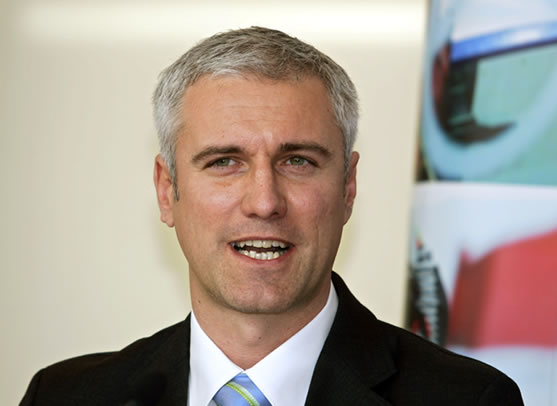BRICSA: new power house in sports events – Paul Freudensprung
September 5, 2011
The shift change in economic power taking place has been widely commented in the news and document by research. The BRICSA countries, Brazil, Russia, India, China and South Africa have been identified as those large economies whose fast development is transforming them into the power houses of the future.
Coincidence or not, all 5 BRICSA countries have staged major events or will stage major events in the near future. Both the IOC and FIFA many times have pledged to bring the Olympic Games and the World Cup to developing countries and have acted accordingly in their decisions, however placing their bets on the strongest horses of the pack. In the world of sports the BRICSA countries are pushing into the spotlight in just a decade. The financial power of their economies allows both the government and domestic companies to spend on staging major events:
|
Country |
Major Event |
|
Brazil |
2014 World Cup, 2016 Olympic Games |
|
Russia |
2014 Olympic Winter Games, 2018 World Cup |
|
India |
2010 Commonwealth Games |
|
China |
2008 Olympic Games |
|
South Africa |
2010 World Cup |
Especially China has continued to host world championships and other events in many sports ever after the Olympic Games. Also China is arguably running the most ambitious athlete develop program in order to foster home athletes’ success at these events. It will be interesting to look back in ten years from now to see what the legacy and impact of these major events has been on the whole group of BRICSA countries.
Will other developing nations be able to follow in those footsteps? So far FIFA has entrusted the 2022 World Cup to Qatar, a small but gas and oil rich economy. For the 2020 Olympic Games bid, no African candidate has come forward in the end.
The challenge in the future for major event owners will be to open the door for less powerful economies to hosting major events. Among these countries, also a number of developed countries may be found in the near future.
Paul Freudensprung : He has over 15 years of experience in the sport industry and specialises in directing and advising multi-stakeholder working groups at major events where different objectives and interests need to be aligned in order to develop effective event operations and functional venue infrastructure.
Paul has been involved in operations of 4 Olympic Games, 2 FIFA World Cups, and was the Games Plan Director of the 2014 Salzburg Olympic Winter Games Bid. In 2006 Paul set up his own consultancy company offering strategic solutions related to the development of integrated event operations programs, appraising contractual issues around venue agreements and supplier contracts and defining infrastructure development concepts and operational venue designs. He also teaches courses on event management for the MBA program at the European University in Barcelona.
Before joining the event management industry Paul spent 3 years conducting environmental and economic impact assessment of European transport infrastructure projects. Paul holds a Masters degree from the Faculty of Economics of the University of Sydney and a Masters degree from the Institute of Geography of the University of Vienna.
{jComments on}



